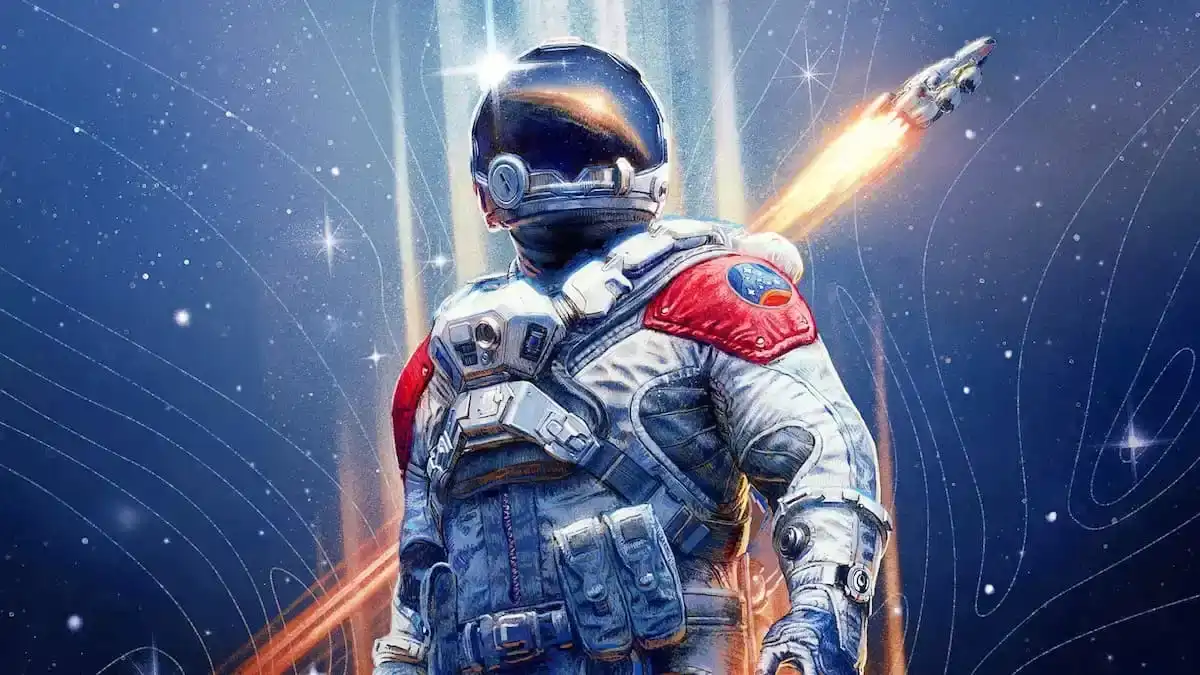One of the most anticipated titles in the gaming world is without a doubt, Bethesda's Starfield. Yet, as information about the game emerges, there are concerns about how the game's universe will respond to player's actions. Some potential players are expressing disappointment over what they perceive to be a limited scope for influencing the in-game universe.
Can Players Truly Impact the Universe?
Player influence in gaming has always held an important place. It's a factor that boosts immersive experiences, providing a sense of agency and real engagement. In a vast open-world game such as Starfield, a common expectation is a dynamic universe that alters and reacts according to the player’s actions.
Starfield, as described by Bethesda, is about exploration and forging your path. As players, we want decisions and actions to matter. We want to see the needle move because of what we do. Perhaps one might expect the possibility of influencing political structures, economy, and social interactions because such mechanics exist in other games.

However, various reports suggest that Starfield might not allow for as much player impact as desired. The gaming community’s initial impressions hint at a game where regardless of the decisions made, large-scale planetary or universal events continue to follow their scripted narrative
What Does a Less Dynamic Game Universe Imply?
For some gamers, these perceived limitations might be cause for disappointment. They fear a lack of dynamism might lead to a sterile universe where player actions feel inconsequential and the gaming experience turns monotonous.Every player action, dialogue choice, and strategic decision should ideally echo through the game world, leaving a unique stamp. An unchanging world, on the contrary, may make the gaming experience feel desolate, creating a sense of isolation rather than adventure and exploration.
Moreover, reduced scope for impacting the world could potentially curb the replayability of the game. Players love to explore different outcomes and possibilities. A rigid universe where player actions barely scratch the surface would limit these explorations and potentially reduce the game's longevity.
Yet, it's important to remember that different gamers value different aspects of the gameplay. Some might prioritize the main storyline or certain gameplay mechanics over a dynamic universe. This set of players might not take issue with the lack of significant impact on the larger game universe.
Why Might Starfield Limit Player Influence?
From a developer’s perspective, there might be various reasons to limit the degree to which players can influence the game world.One crucial factor is the enormity of creating a truly dynamic universe on the scale of Starfield. It is a colossal undertaking that involves generating vast amounts of unique content. Depending on the depth of influence allowed, each player choice could branch out to numerous possible outcomes and reactions.
Apart from stretching the development resources thin, this level of player influence could potentially make the game world unstable and unpredictable, making it tough to maintain or fix. It could lead to unexpected glitches, exploits, and issues that mar the gaming experience.
Another potential reason might be a desire for a tightly-controlled narrative. Often, a sprawling, dynamic universe may dilute the main plot and divert focus from the central storyline. A curated narrative can provide a more satisfying and coherent gaming experience, at the cost of limiting player influence on the game world.
Balance is Key
Striking a balance between player agency and a solid, gripping narrative is crucial. It doesn't need to be a zero-sum game.Even with limitations, players can still have meaningful impact within their personal journey. Character development, forming alliances, acquiring resources, and making personal moral decisions can all provide a sense of influence.
Moreover, developers can take steps to communicate these limitations and set appropriate expectations among the players. Being clear about the intended gaming experience can help reduce any potential disappointment from perceived lack of agency.
Ultimately, it'll depend on the execution. If done right and balanced well, Starfield could offer a gaming experience that's both engaging and satisfying, even without a completely dynamical universe.
A Wait-and-Watch Situation
Until Starfield releases, and gamers get their hands on it, much of this is speculation.We have seen examples of games thriving despite not offering profound player influence on the world. Therefore, it remains to be seen how successful Starfield would be in creating a balance that satisfies different player preferences.
It's also important not to form conclusive opinions based on pre-release information. With further releases, news, and eventually the game itself, a fair assessment of player instigated change in Starfield will be possible.
The anticipation for Starfield remains high. The game promises a unique space exploration experience with vast expanses to discover, unrivaled technological advancements, and intriguing narratives. It remains to be seen whether the impact of player actions will turn out to be an exhilarating crescendo or a forgotten whisper within this universe.